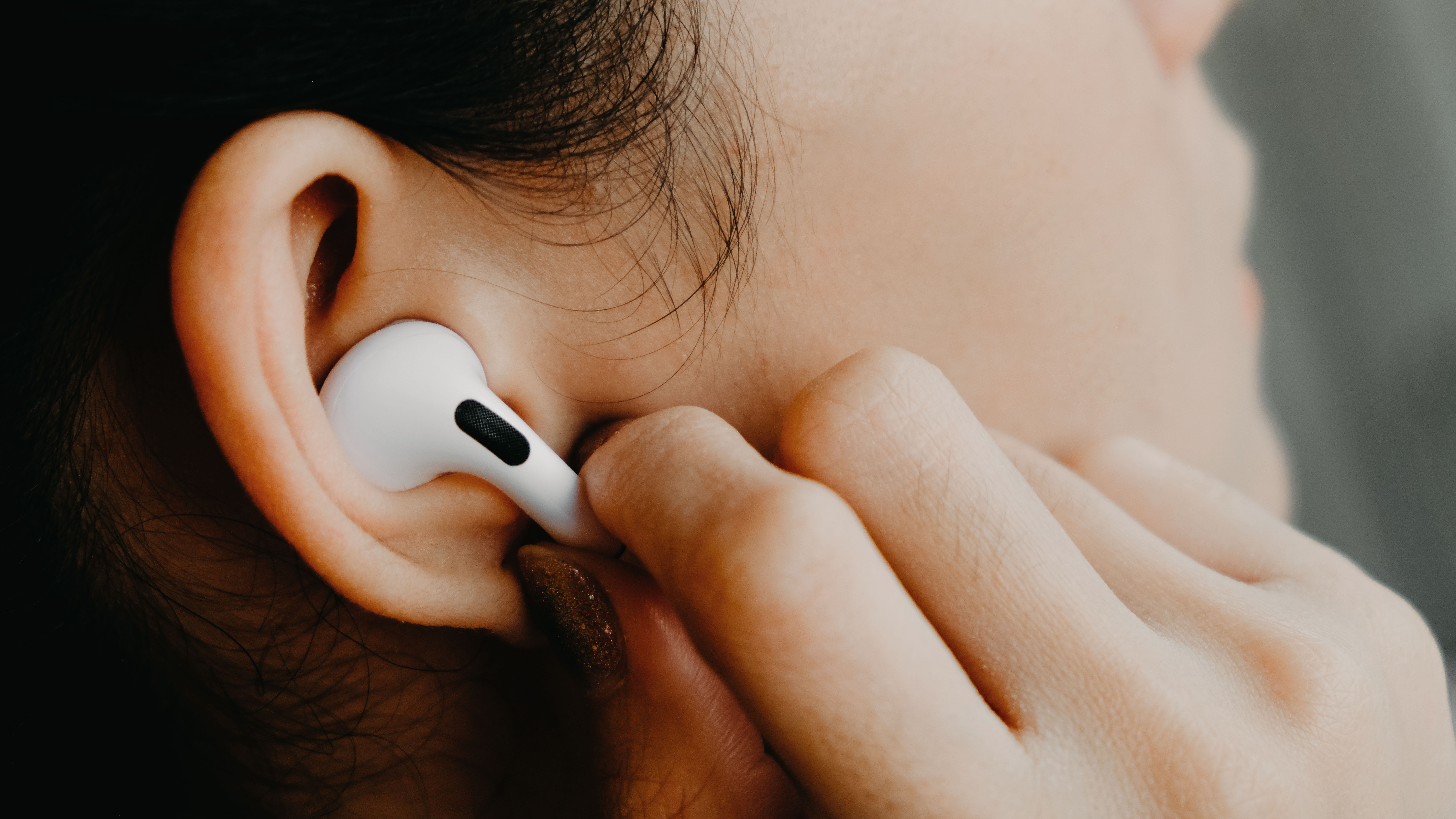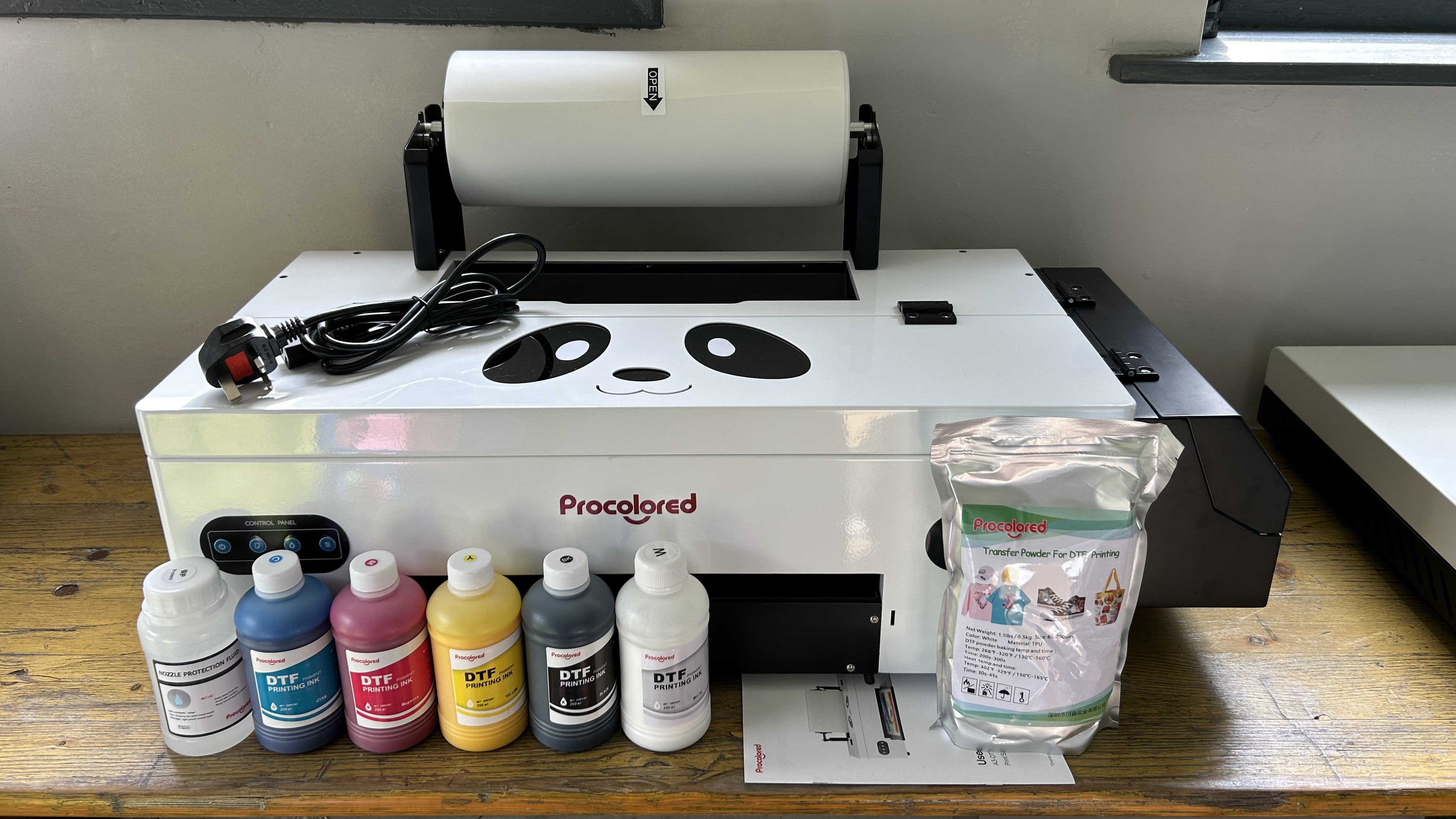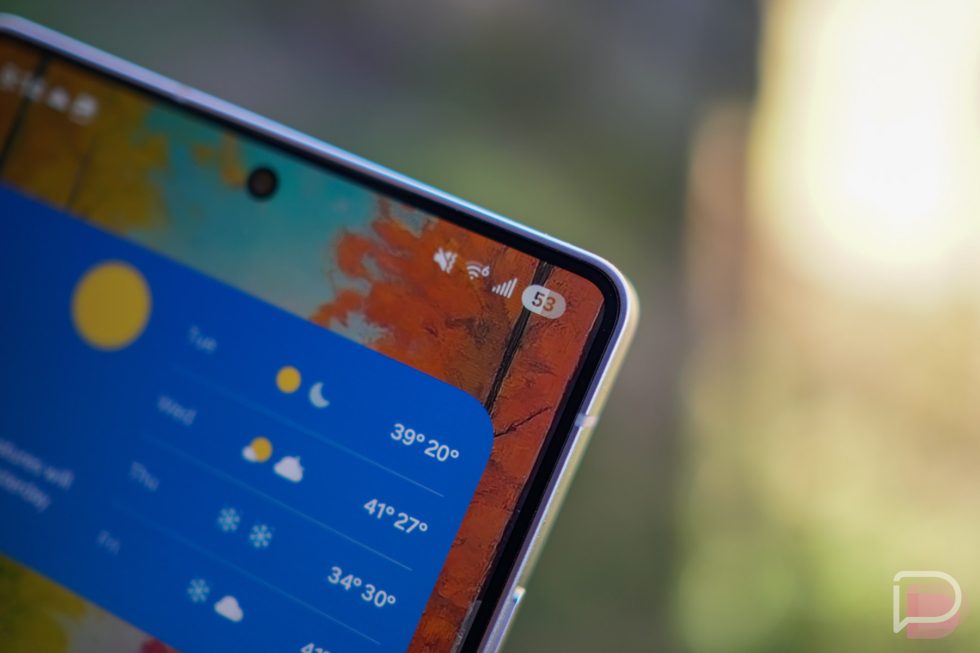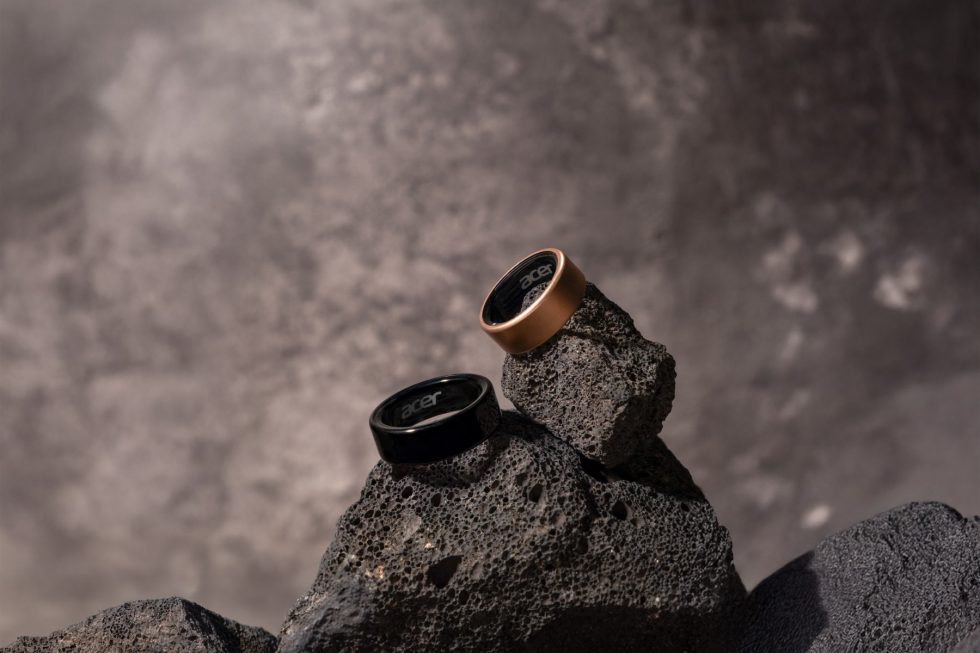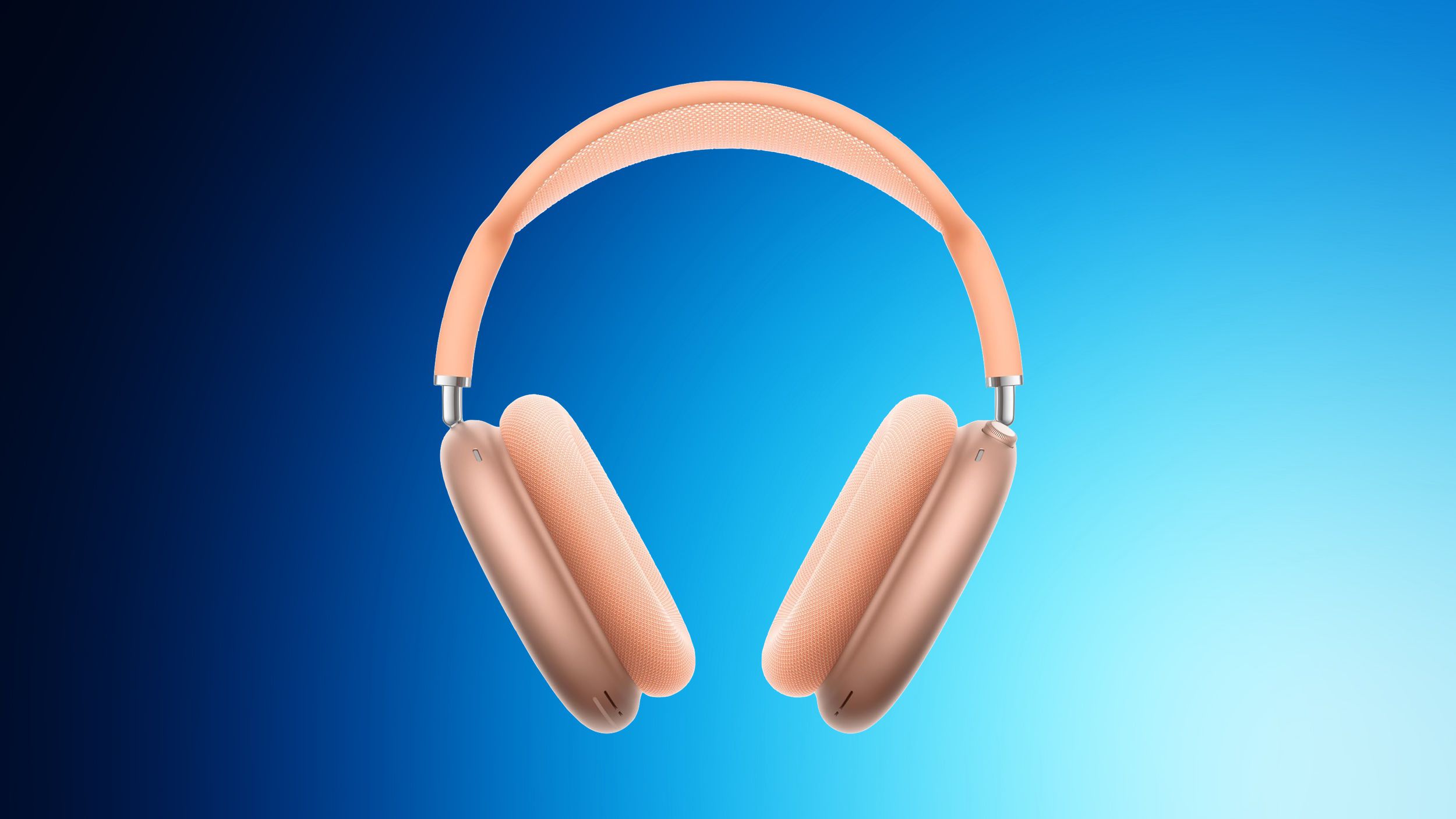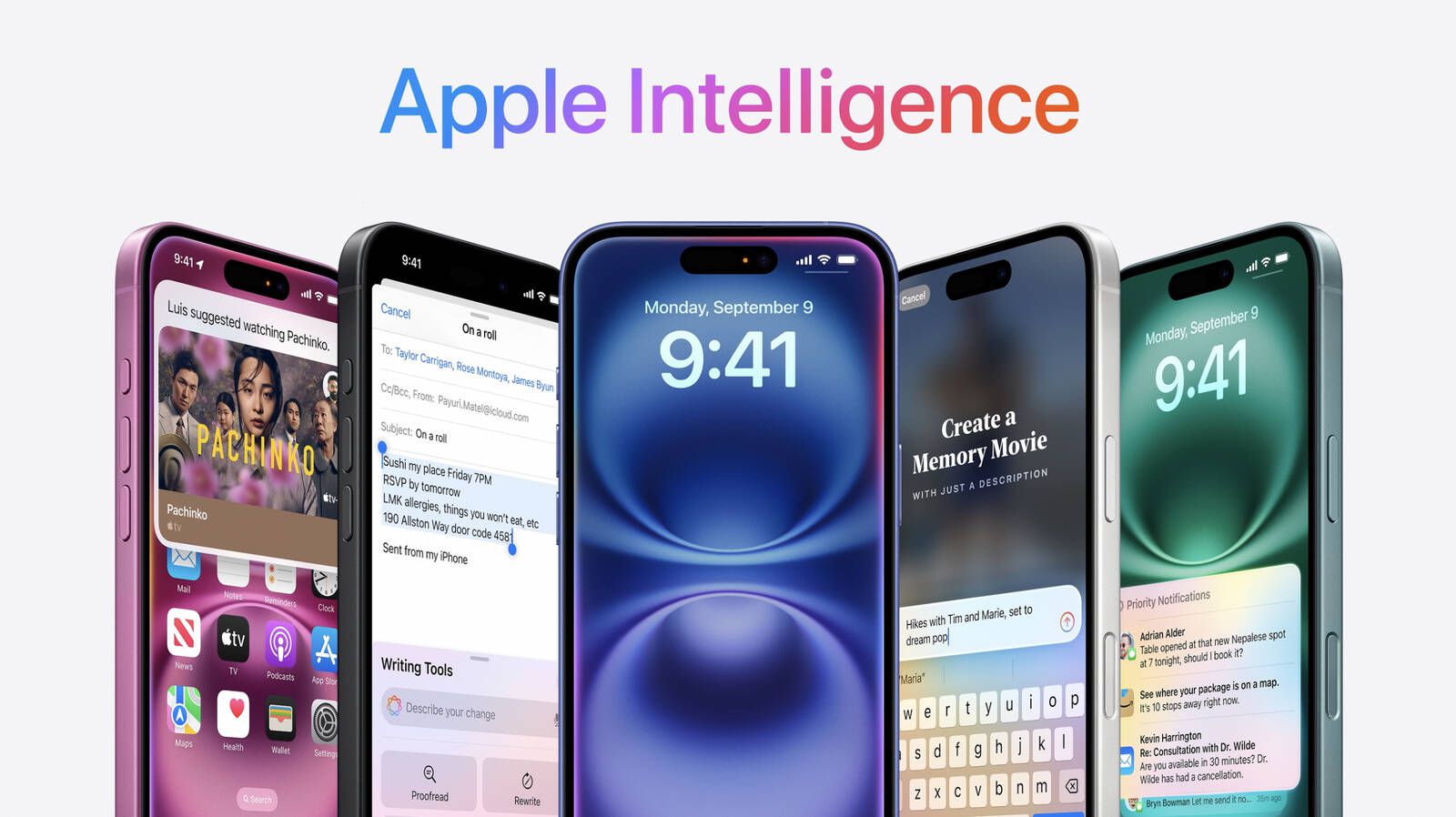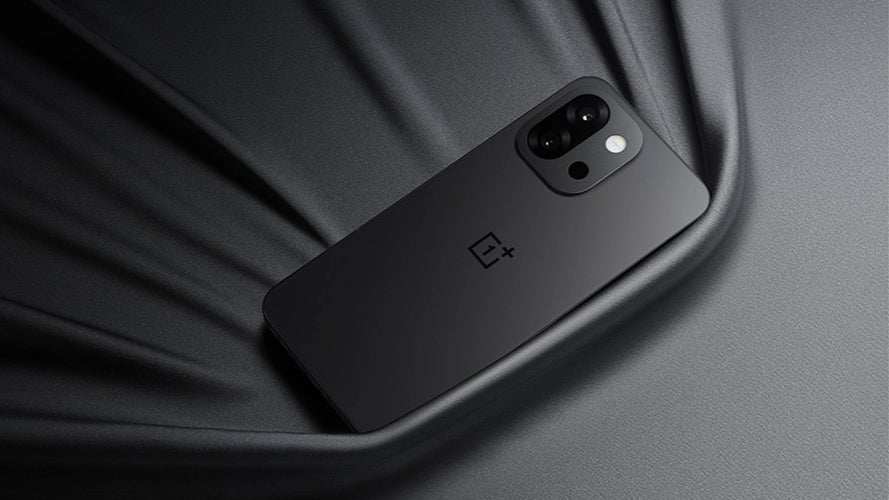The best smart speakers for 2025
Smart speakers have come a long way from being simple housings for voice assistants. Today’s best smart speakers can tee-up your favorite playlists, control your smart home devices, answer questions, set reminders and even act as intercoms around the house. Whether you're deep into the Alexa, Google Assistant, or Siri ecosystem, there’s a speaker out there that fits your setup and lifestyle.From compact models perfect for your desk or bedside table to premium picks that can fill a room with rich, immersive sound, smart speakers come in all shapes and sizes. Some even double as smart displays, while others prioritize high-fidelity audio for music lovers. No matter your budget or preferences, we’ve rounded up the top options to help you find the right voice-powered companion for your home. Table of contents Best smart speakers for 2025 Picking an assistant: Alexa, Google Assistant or Siri Smart speaker FAQs Best smart speakers for 2025 Picking an assistant: Alexa, Google Assistant or Siri The first thing most people should do is decide what voice assistant they want to use. Google Assistant and Amazon's Alexa are both well-supported options that are continually evolving, with new features added at a steady clip. A few years ago, Alexa worked with more smart home products, but at this point, basically any smart device worth buying works with both. Google vs. Alexa It's mostly a matter of personal preference. If you’re already entrenched in the Google ecosystem and own an Android phone, it makes sense to stick with that. And if you have multiple Google-based smart devices in your home, you can use Google Home to easily control and navigate your devices. But while Alexa isn’t quite as good at answering general knowledge questions, it syncs just fine with things like calendars from your Google account. And it works with perhaps the widest variety of smart home products as well. If you’ve never used Alexa or Google Assistant, you can download their apps on your iOS or Android phone and spend some time testing them out before buying a speaker. There are downsides to having a smart home device that’s always listening for a wake word, as giving more personal information to Amazon, Apple and Google can be a questionable decision. That said, all these companies have made it easier to manage how your data is used — you can opt out of humans reviewing some of your voice queries, and it's also less complicated to manage and erase your history with various digital assistants, too. Sonos vs. Apple If you buy a Sonos device with a microphone, you can also use the company's own voice assistant, voiced by Giancarlo Esposito. It's focused purely on music control, so you won't use it to do things like send messages or ask the weather forecast. But as a music assistant, Sonos Voice Control is generally quite fast and reliable. As for Apple, you won’t be surprised to learn the HomePod and HomePod mini are the only Siri-compatible speakers on the market. It’s rumored that Apple will potentially release a new range of smart displays, like its HomePod with a touchscreen, sometime soon. Apple's Siri has a reputation for not being as smart as Alexa or Google Assistant, but it’s totally capable of handling common voice queries like answering questions, controlling smart home products, sending messages, making calls and streaming music via AirPlay. Technically, Siri and Apple’s HomeKit technology doesn’t work with as many smart home devices as the competition, but it’s not hard to find compatible gear. And Apple has most definitely improved Siri’s functionality over the last couple years, with handy features like and Intercom tool and routines that take advantage of the built-in temperature sensor in the HomePod and HomePod Mini. Smart speaker FAQs How do I connect my phone to smart speakers? Connecting your phone to a smart speaker is usually quick and easy. Most smart speakers support Bluetooth, so you can just turn on Bluetooth on your phone, put the speaker in pairing mode (usually via a button or voice command) and select it from your phone’s Bluetooth menu. If you're using a speaker with a built-in voice assistant like Alexa, Google Assistant or Siri, you can also connect through the speaker’s companion app — the Alexa app for Echo devices or the Google Home app for Nest speakers. These apps let you link your phone over Wi-Fi, giving you more features like multi-room audio and voice control. Once you're connected, you can stream music, make calls or even use your voice to control playback.This article originally appeared on Engadget at https://www.engadget.com/audio/speakers/best-smart-speakers-151515264.html?src=rss

Smart speakers have come a long way from being simple housings for voice assistants. Today’s best smart speakers can tee-up your favorite playlists, control your smart home devices, answer questions, set reminders and even act as intercoms around the house. Whether you're deep into the Alexa, Google Assistant, or Siri ecosystem, there’s a speaker out there that fits your setup and lifestyle.
From compact models perfect for your desk or bedside table to premium picks that can fill a room with rich, immersive sound, smart speakers come in all shapes and sizes. Some even double as smart displays, while others prioritize high-fidelity audio for music lovers. No matter your budget or preferences, we’ve rounded up the top options to help you find the right voice-powered companion for your home.
Table of contents
Best smart speakers for 2025
Picking an assistant: Alexa, Google Assistant or Siri
The first thing most people should do is decide what voice assistant they want to use. Google Assistant and Amazon's Alexa are both well-supported options that are continually evolving, with new features added at a steady clip. A few years ago, Alexa worked with more smart home products, but at this point, basically any smart device worth buying works with both.
Google vs. Alexa
It's mostly a matter of personal preference. If you’re already entrenched in the Google ecosystem and own an Android phone, it makes sense to stick with that. And if you have multiple Google-based smart devices in your home, you can use Google Home to easily control and navigate your devices. But while Alexa isn’t quite as good at answering general knowledge questions, it syncs just fine with things like calendars from your Google account. And it works with perhaps the widest variety of smart home products as well. If you’ve never used Alexa or Google Assistant, you can download their apps on your iOS or Android phone and spend some time testing them out before buying a speaker.
There are downsides to having a smart home device that’s always listening for a wake word, as giving more personal information to Amazon, Apple and Google can be a questionable decision. That said, all these companies have made it easier to manage how your data is used — you can opt out of humans reviewing some of your voice queries, and it's also less complicated to manage and erase your history with various digital assistants, too.
Sonos vs. Apple
If you buy a Sonos device with a microphone, you can also use the company's own voice assistant, voiced by Giancarlo Esposito. It's focused purely on music control, so you won't use it to do things like send messages or ask the weather forecast. But as a music assistant, Sonos Voice Control is generally quite fast and reliable.
As for Apple, you won’t be surprised to learn the HomePod and HomePod mini are the only Siri-compatible speakers on the market. It’s rumored that Apple will potentially release a new range of smart displays, like its HomePod with a touchscreen, sometime soon. Apple's Siri has a reputation for not being as smart as Alexa or Google Assistant, but it’s totally capable of handling common voice queries like answering questions, controlling smart home products, sending messages, making calls and streaming music via AirPlay. Technically, Siri and Apple’s HomeKit technology doesn’t work with as many smart home devices as the competition, but it’s not hard to find compatible gear. And Apple has most definitely improved Siri’s functionality over the last couple years, with handy features like and Intercom tool and routines that take advantage of the built-in temperature sensor in the HomePod and HomePod Mini.
Smart speaker FAQs
How do I connect my phone to smart speakers?
Connecting your phone to a smart speaker is usually quick and easy. Most smart speakers support Bluetooth, so you can just turn on Bluetooth on your phone, put the speaker in pairing mode (usually via a button or voice command) and select it from your phone’s Bluetooth menu.
If you're using a speaker with a built-in voice assistant like Alexa, Google Assistant or Siri, you can also connect through the speaker’s companion app — the Alexa app for Echo devices or the Google Home app for Nest speakers. These apps let you link your phone over Wi-Fi, giving you more features like multi-room audio and voice control. Once you're connected, you can stream music, make calls or even use your voice to control playback.This article originally appeared on Engadget at https://www.engadget.com/audio/speakers/best-smart-speakers-151515264.html?src=rss





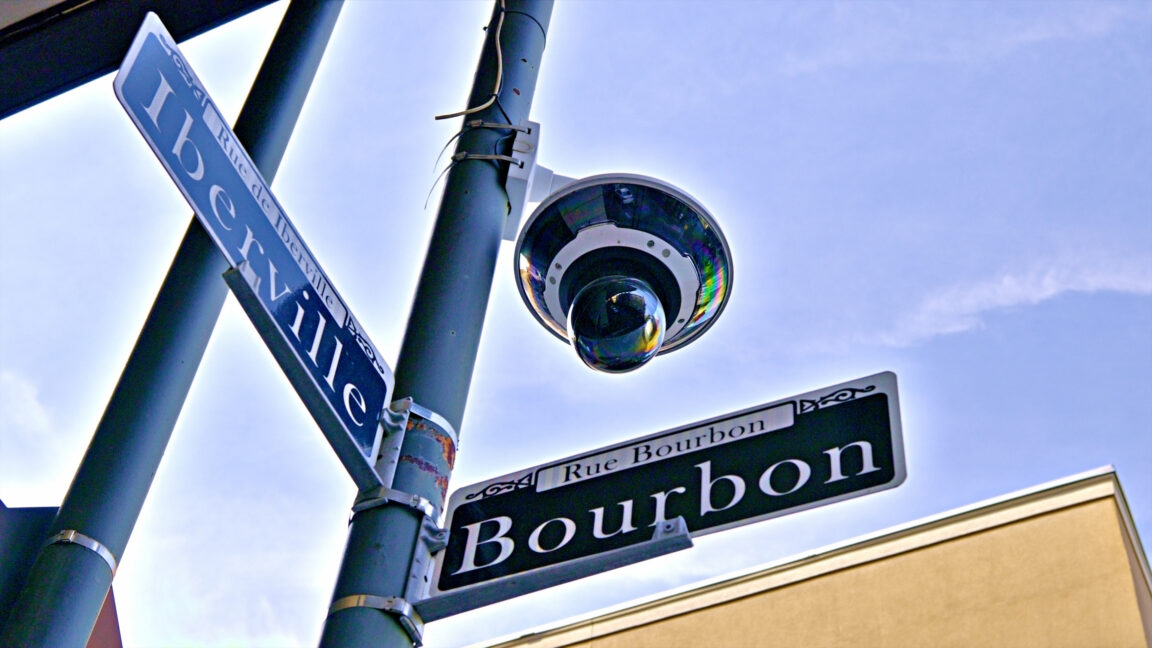













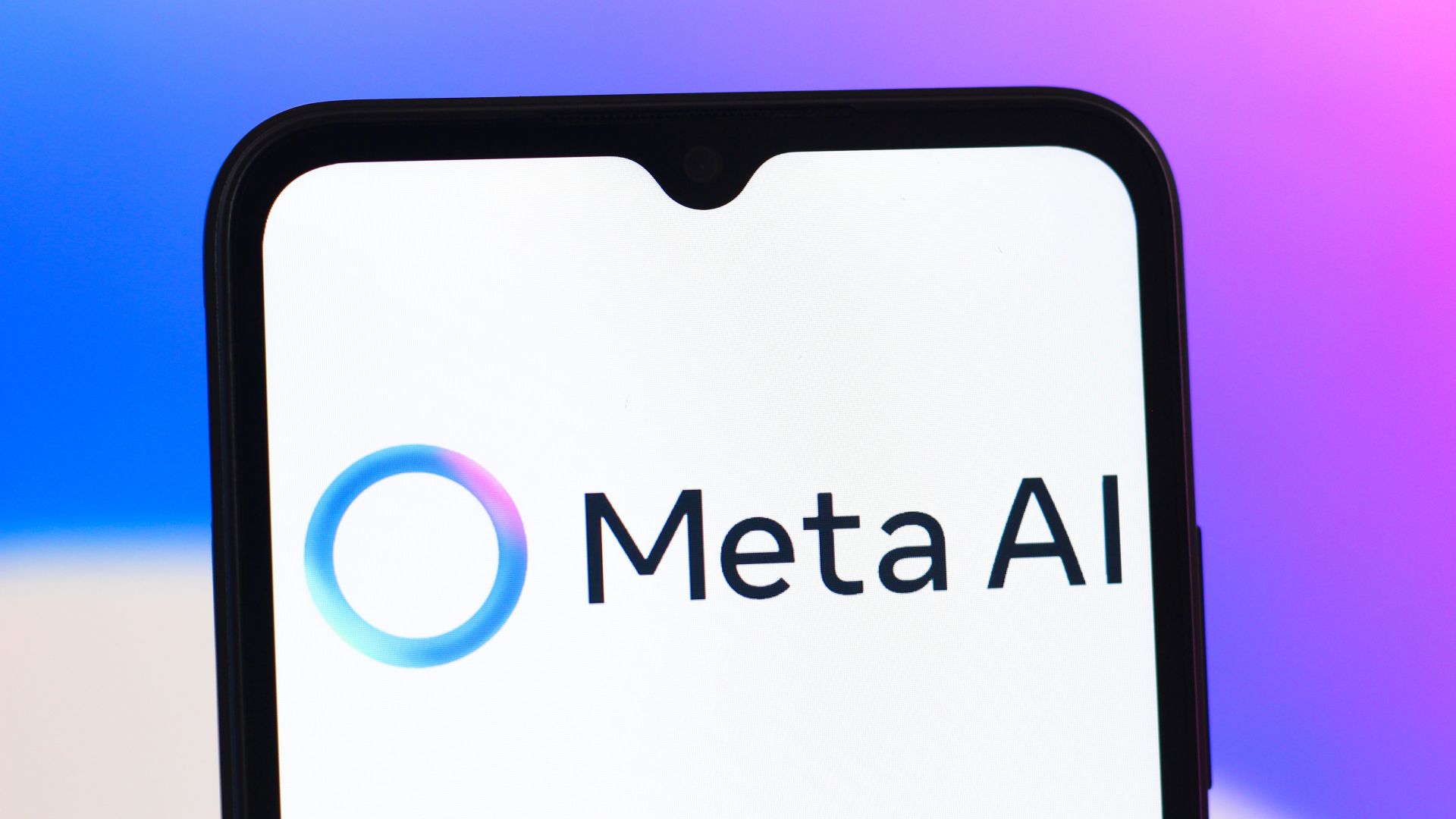
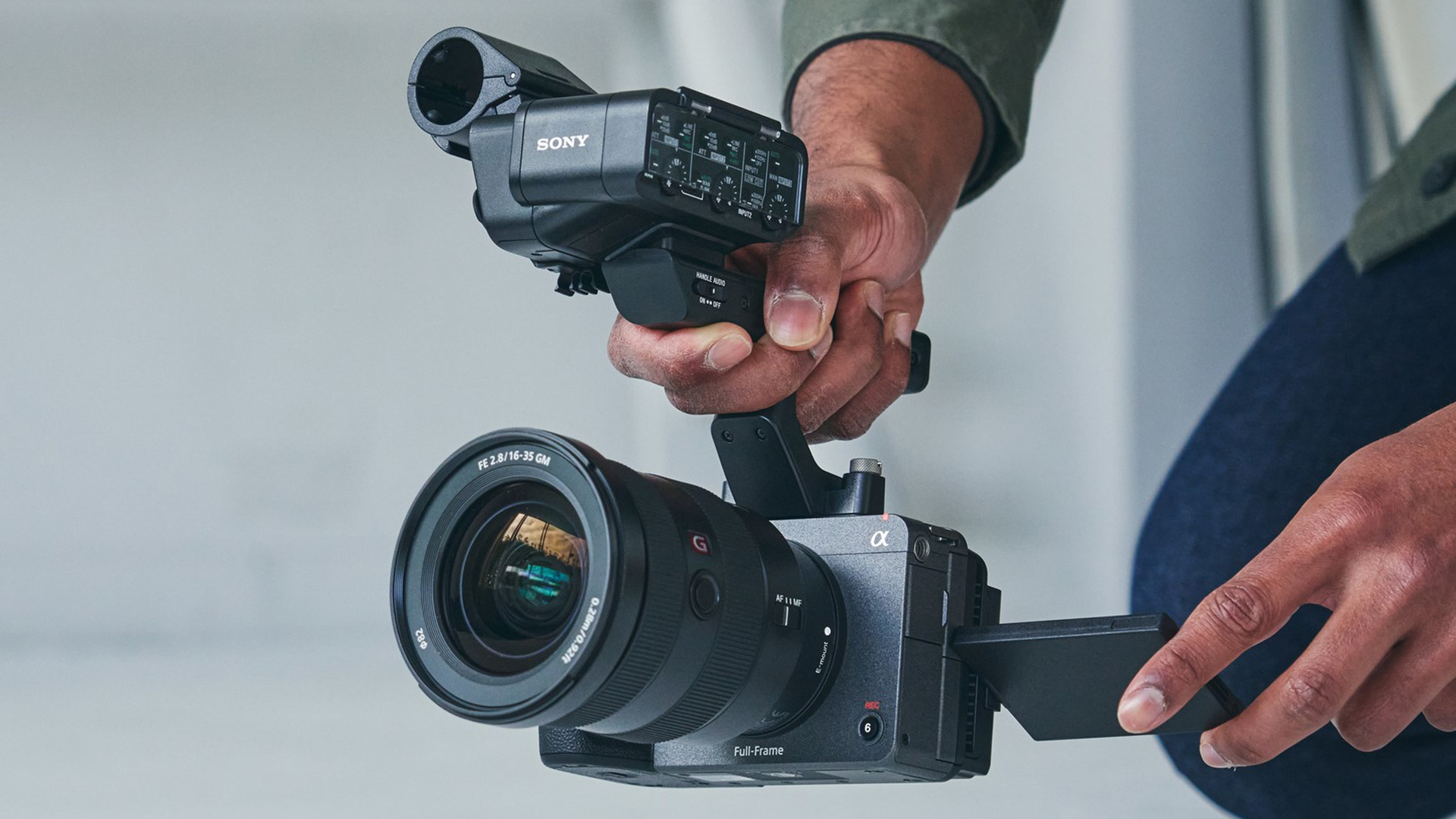

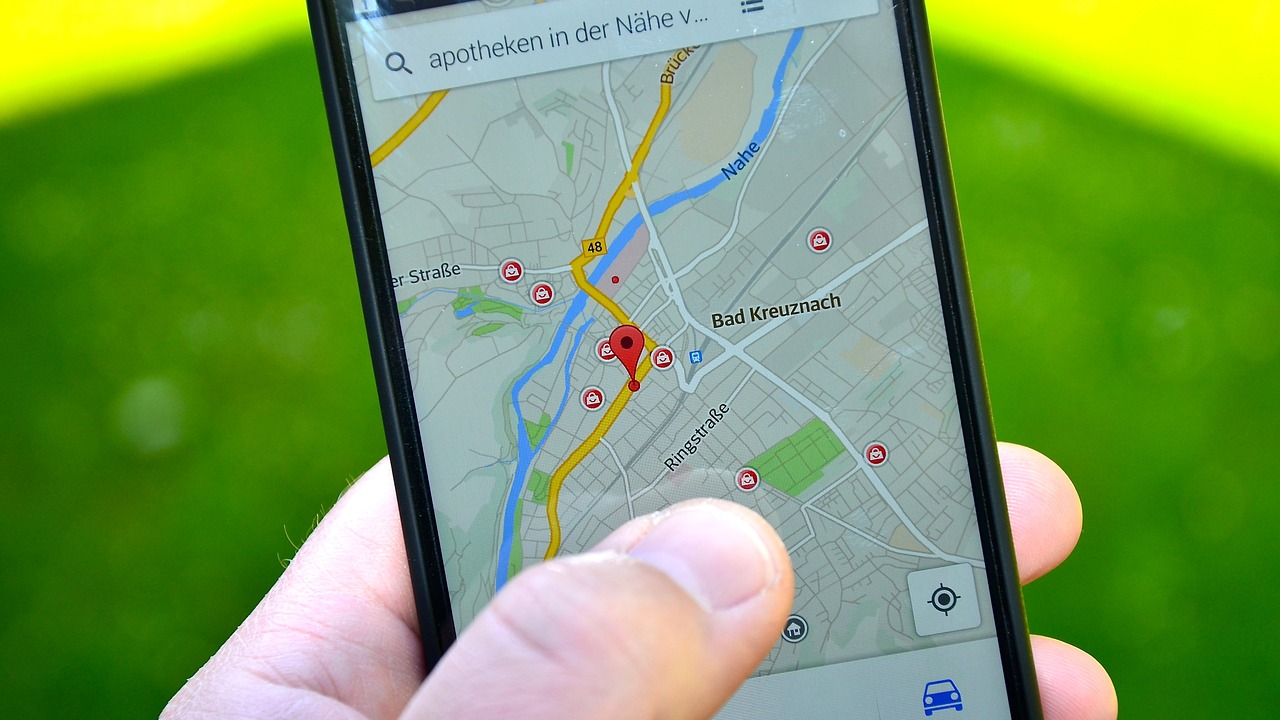


















































































































































![[The AI Show Episode 146]: Rise of “AI-First” Companies, AI Job Disruption, GPT-4o Update Gets Rolled Back, How Big Consulting Firms Use AI, and Meta AI App](https://www.marketingaiinstitute.com/hubfs/ep%20146%20cover.png)





























































































































![[DEALS] The ChatGPT & AI Super Bundle (91% off) & Other Deals Up To 98% Off – Offers End Soon!](https://www.javacodegeeks.com/wp-content/uploads/2012/12/jcg-logo.jpg)

![How to make Developer Friends When You Don't Live in Silicon Valley, with Iraqi Engineer Code;Life [Podcast #172]](https://cdn.hashnode.com/res/hashnode/image/upload/v1747360508340/f07040cd-3eeb-443c-b4fb-370f6a4a14da.png?#)








































































































































































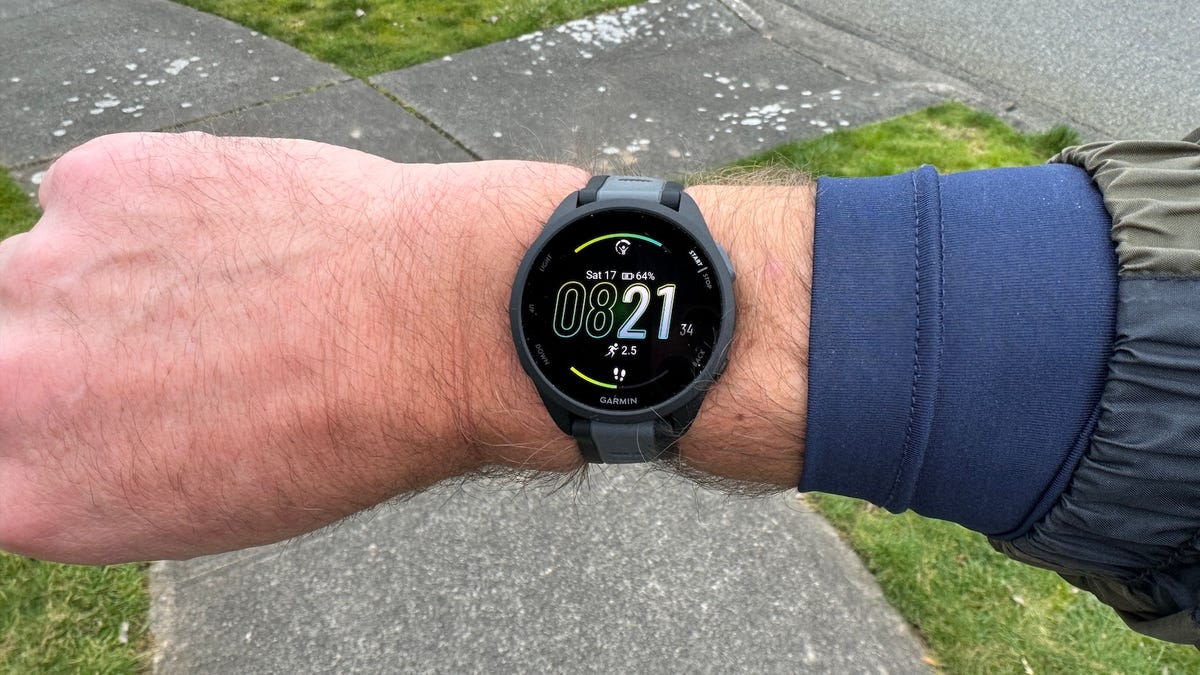








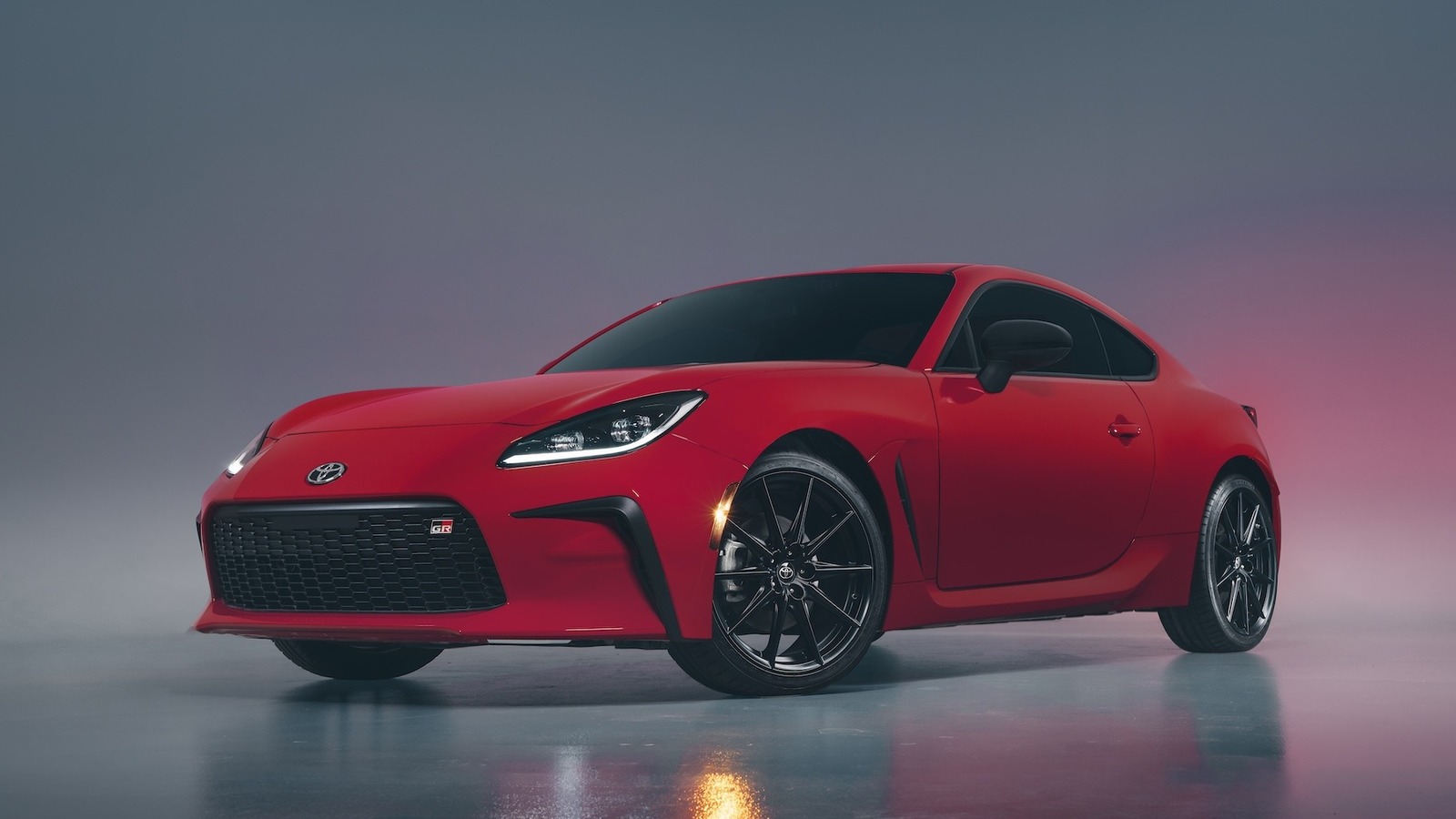
































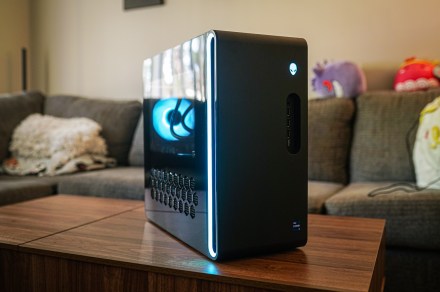

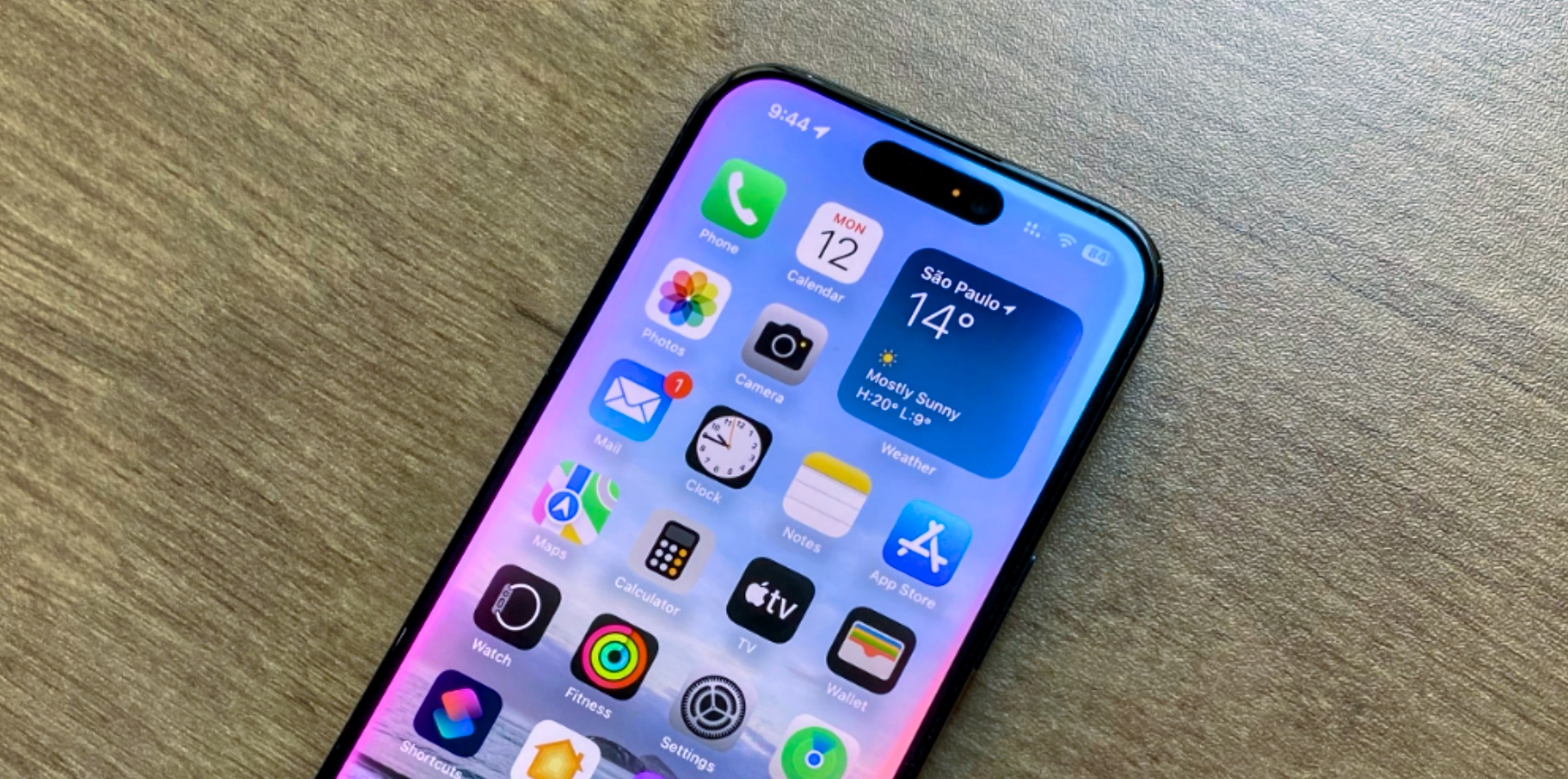

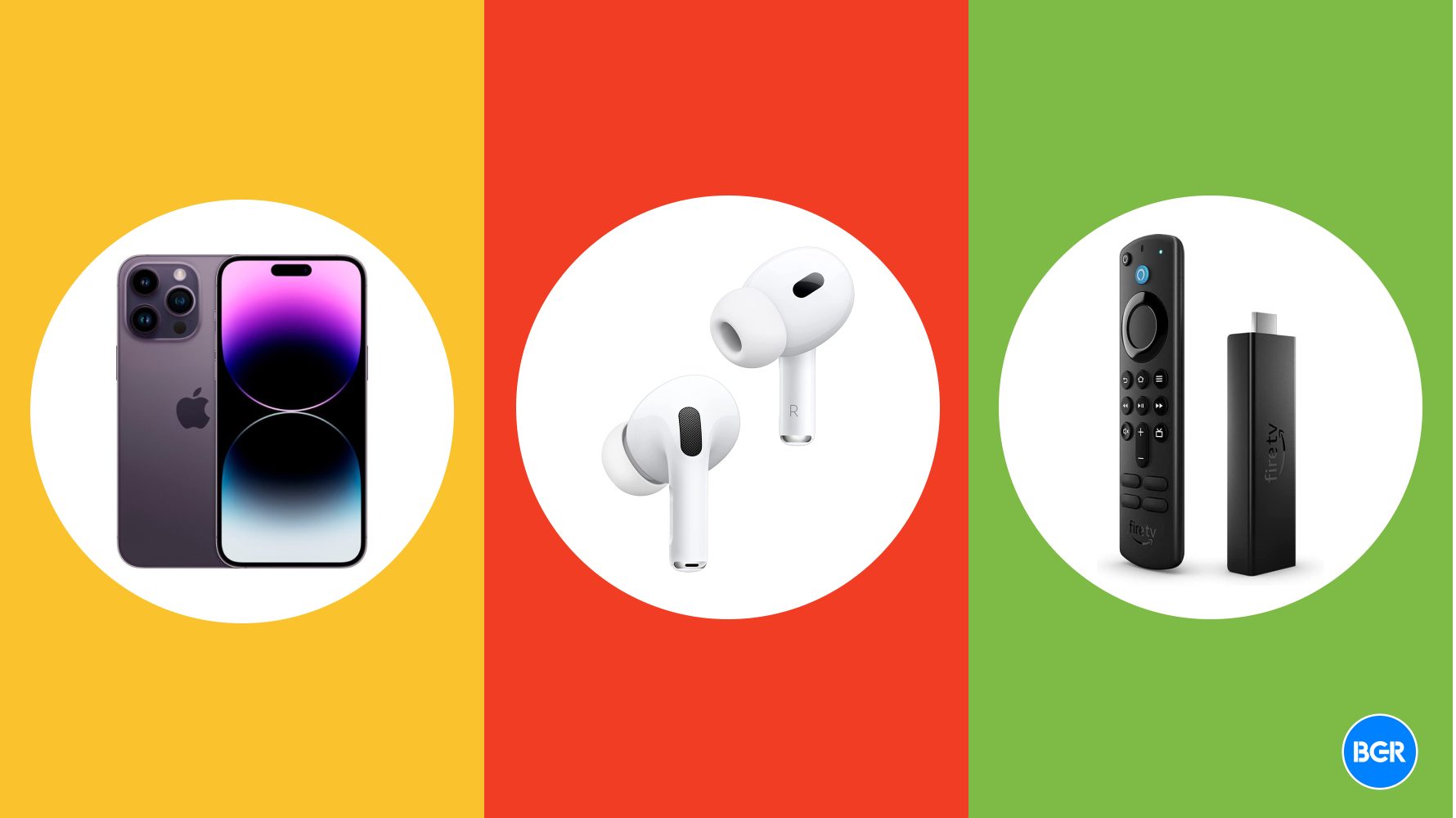






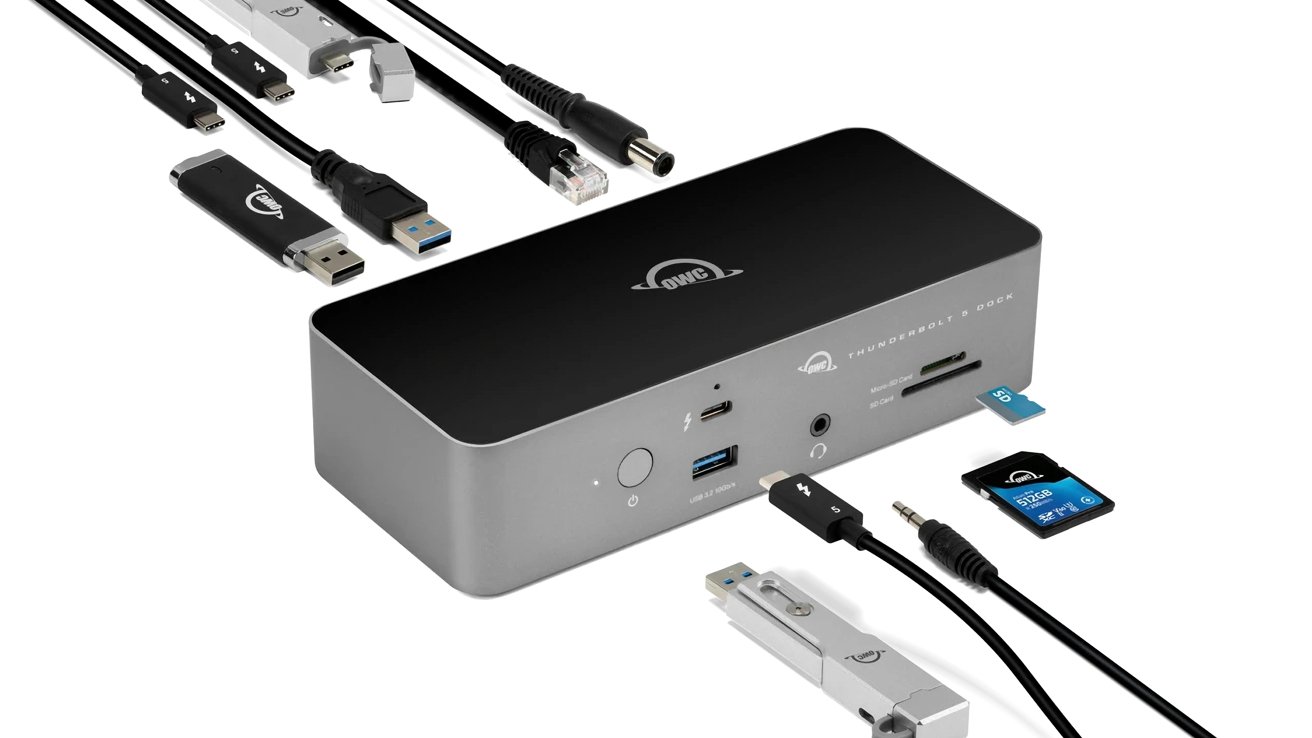
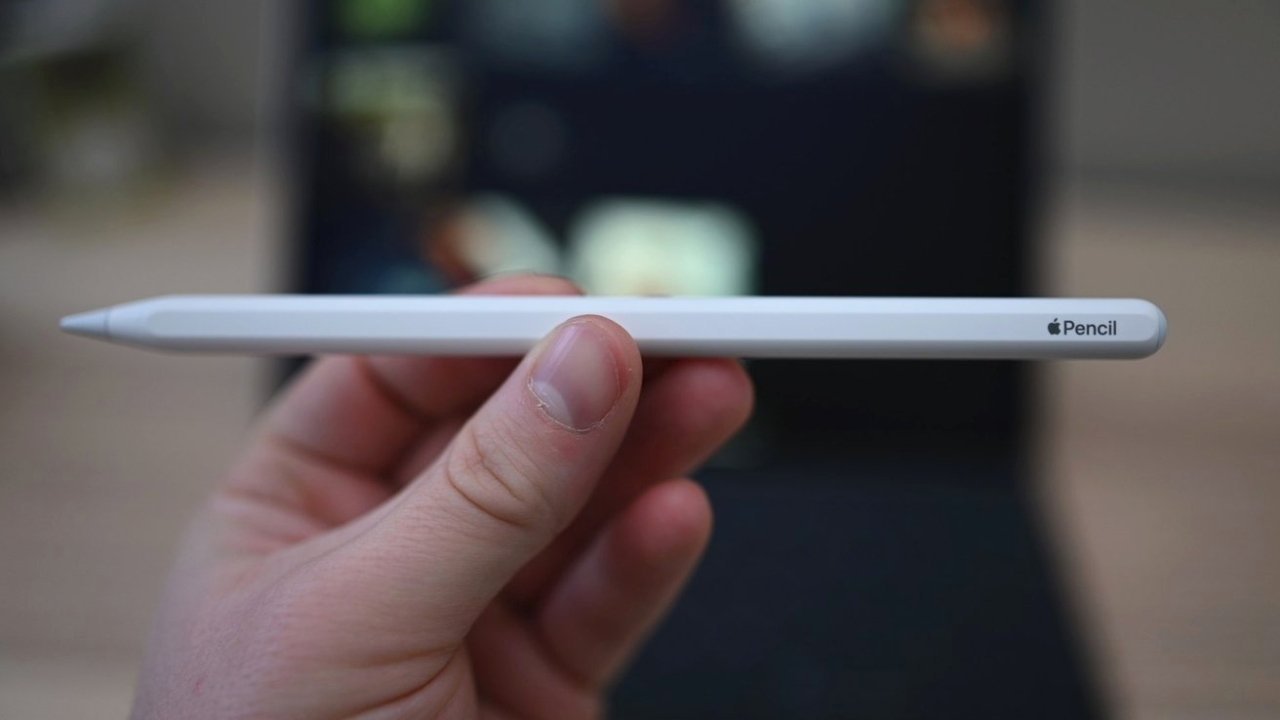
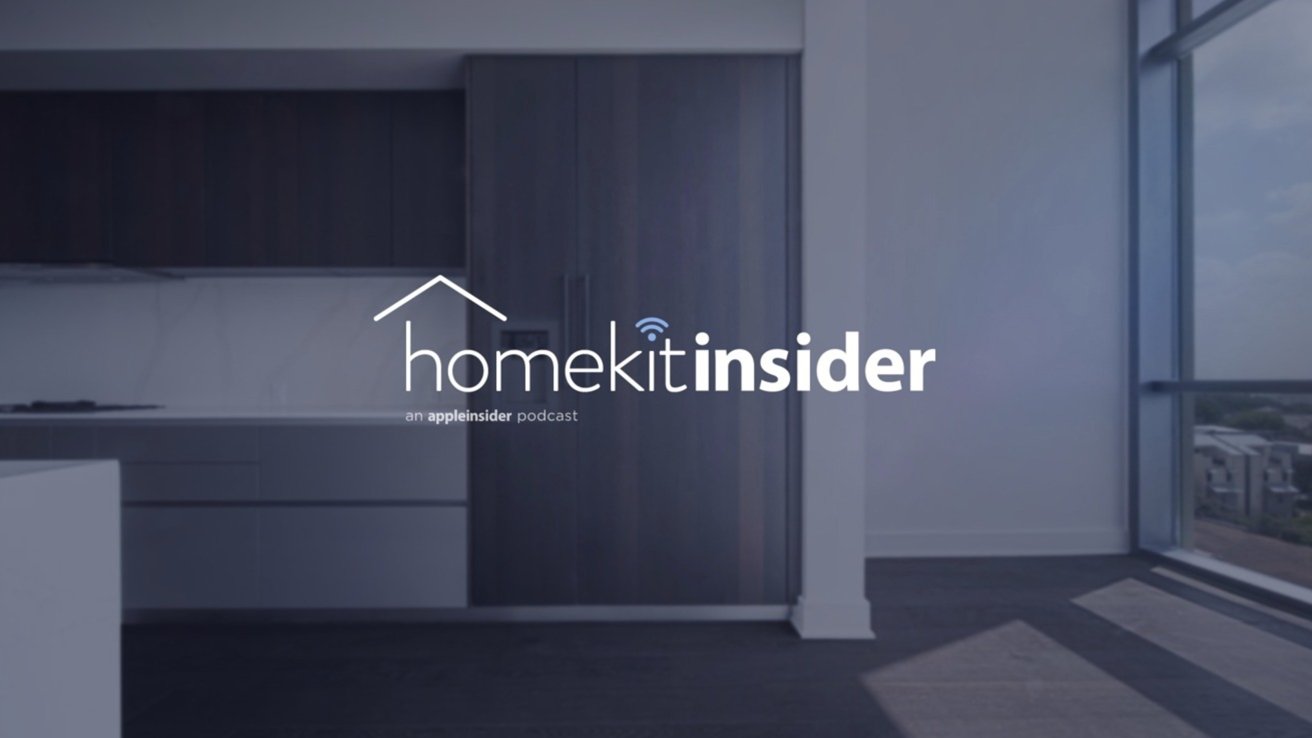
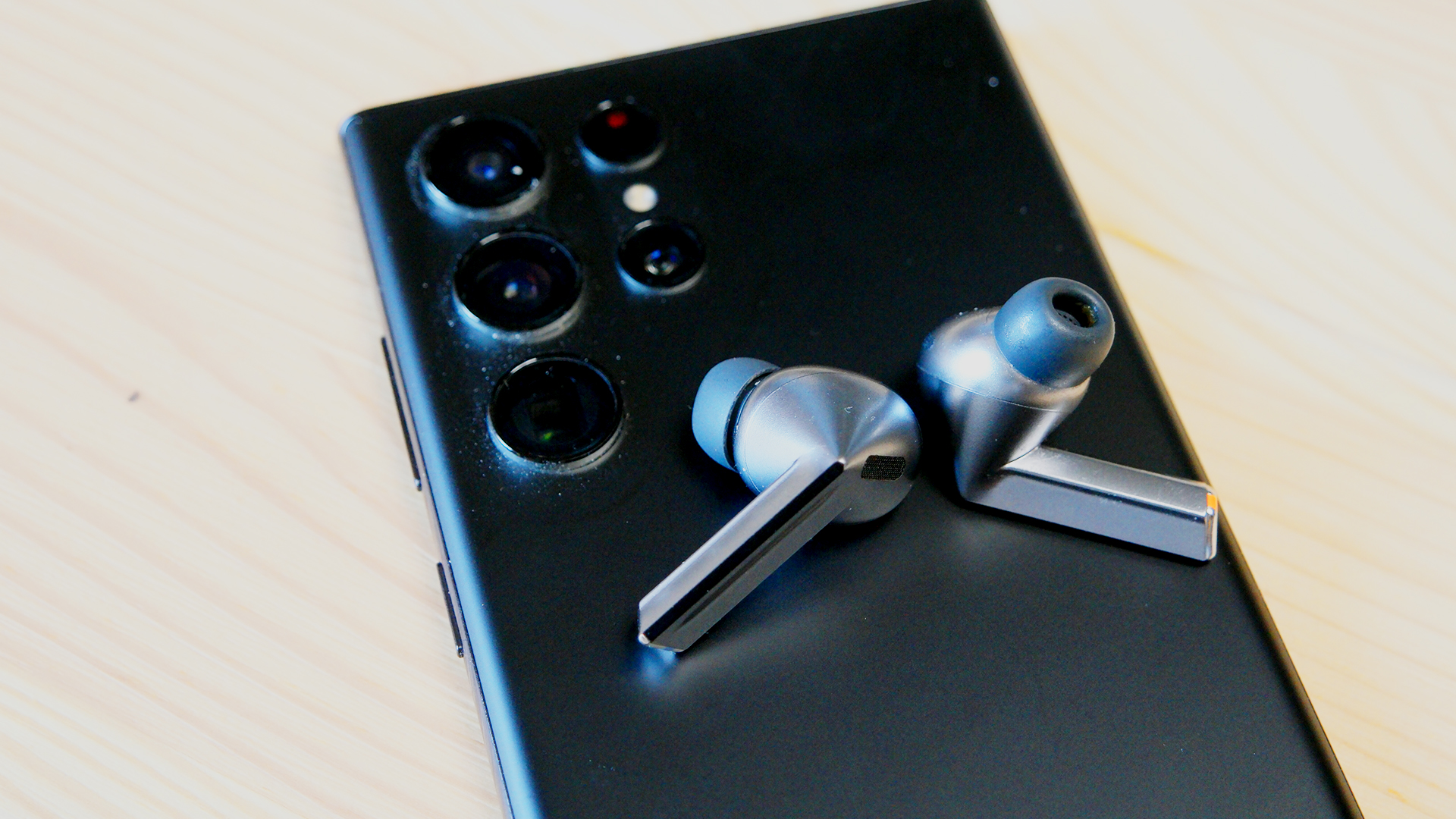
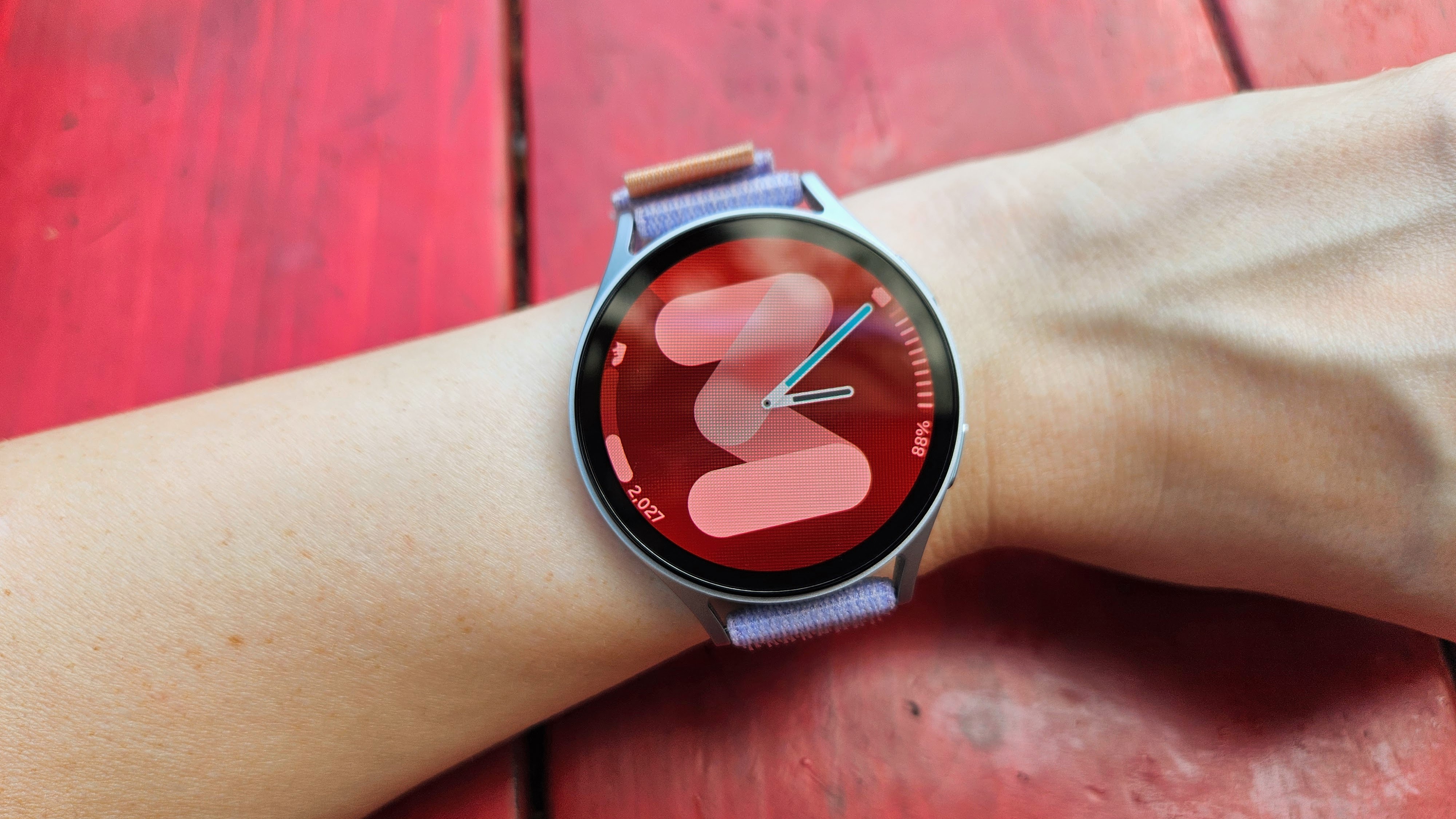

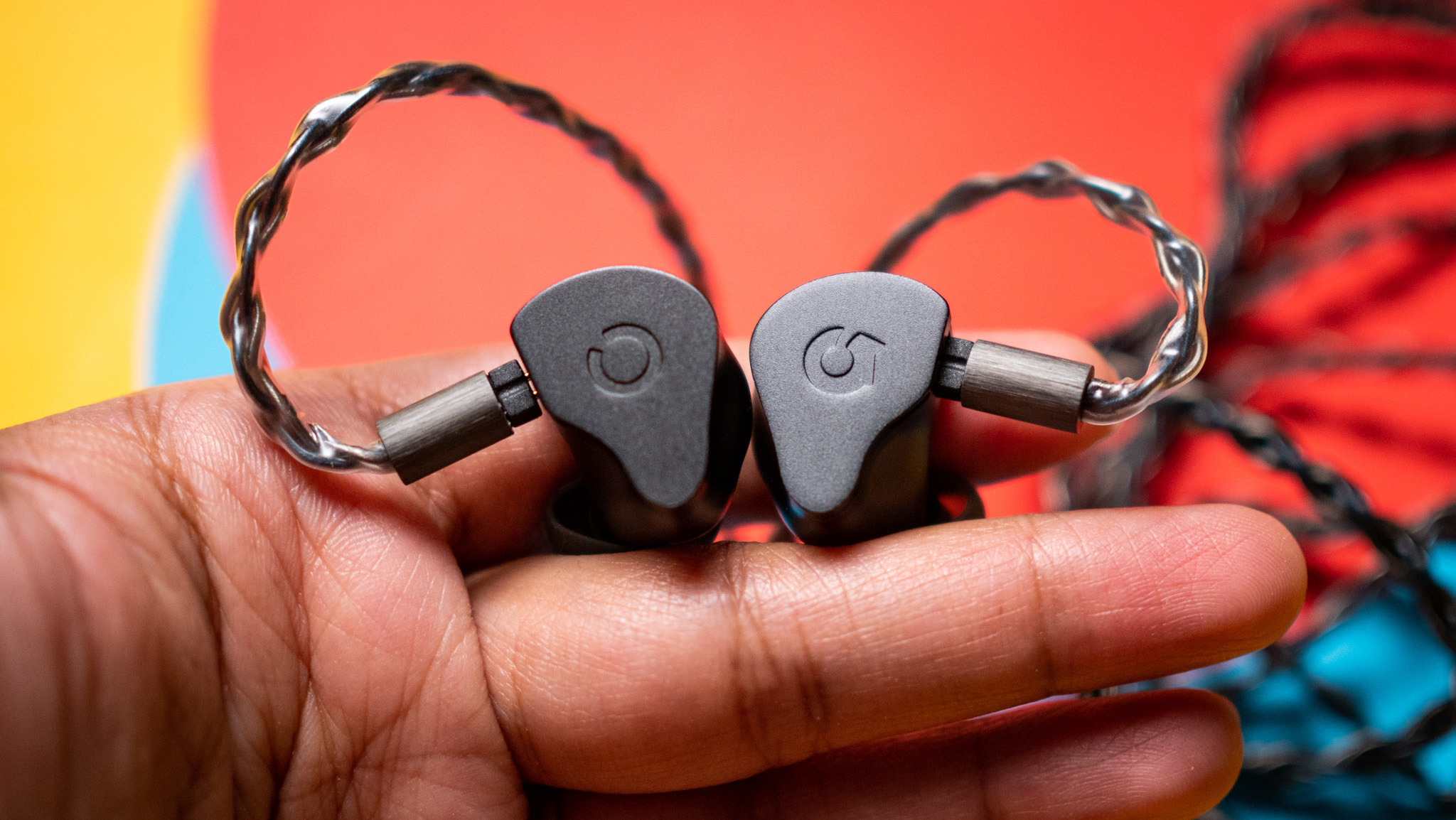
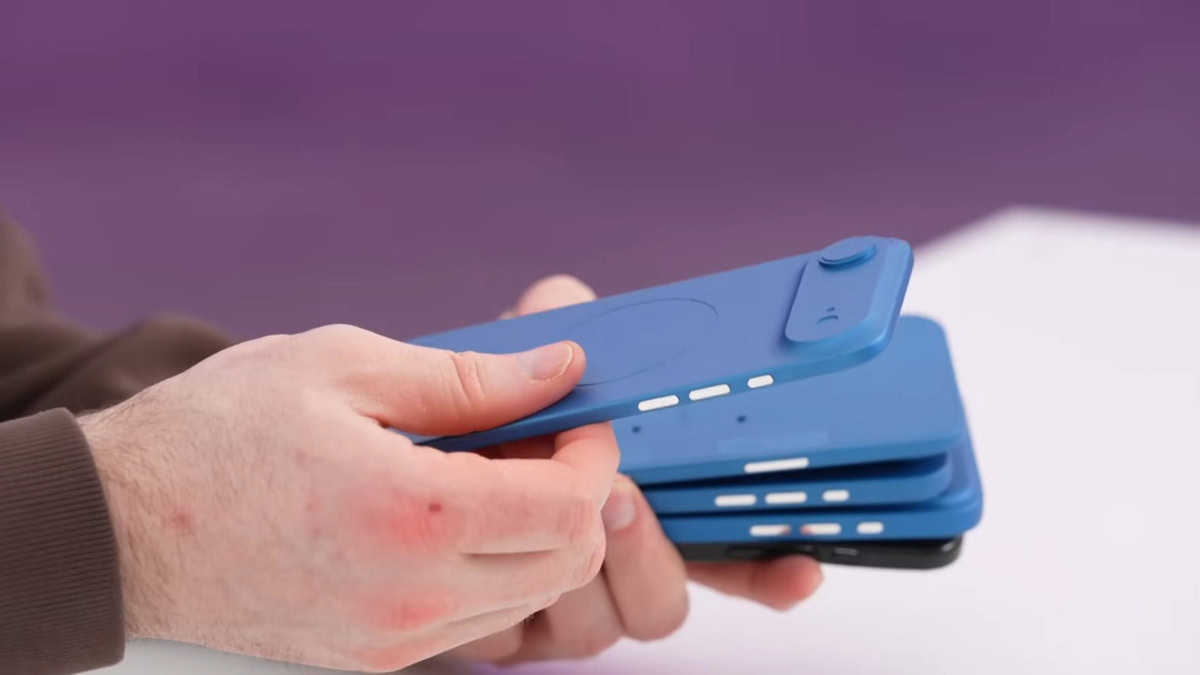
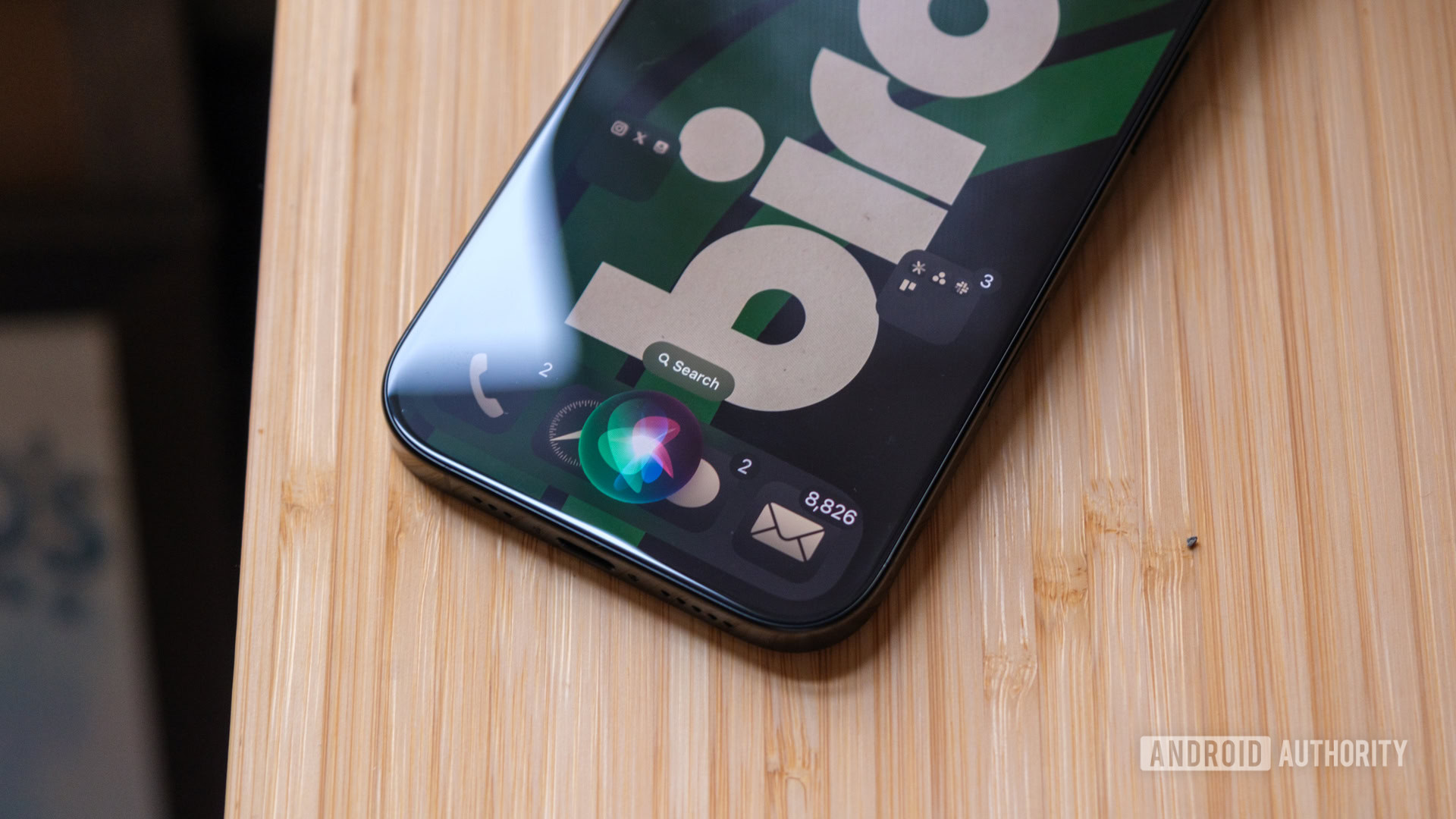
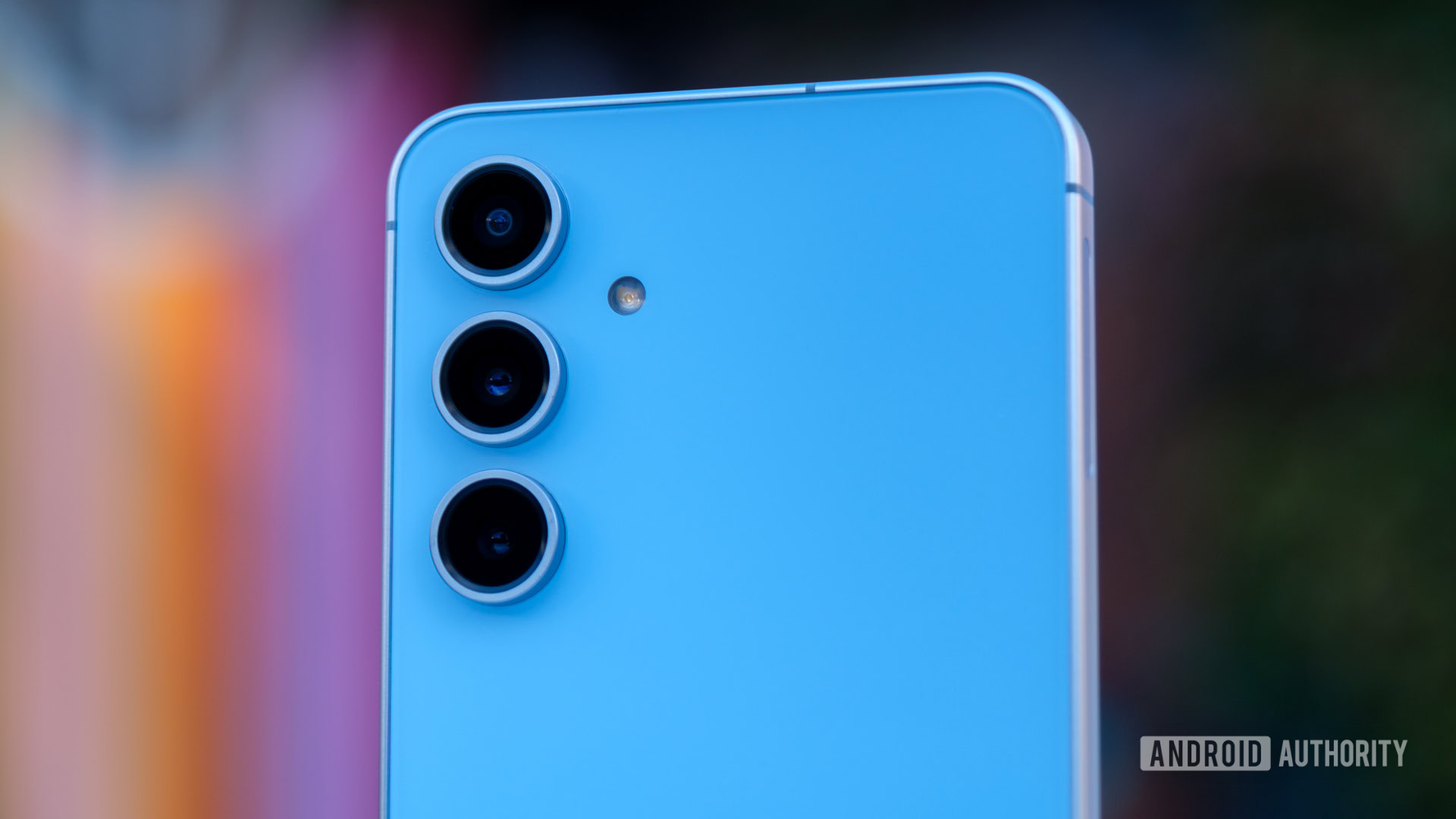


![A rare look inside the TSMC Arizona plant making chips for Apple [Video]](https://i0.wp.com/9to5mac.com/wp-content/uploads/sites/6/2025/05/A-look-inside-the-TSMC-Arizona-plant-making-chips-for-Apple.jpg?resize=1200%2C628&quality=82&strip=all&ssl=1)

















![Why Apple Still Can't Catch Up in AI and What It's Doing About It [Report]](https://www.iclarified.com/images/news/97352/97352/97352-640.jpg)
![Sonos Move 2 On Sale for 25% Off [Deal]](https://www.iclarified.com/images/news/97355/97355/97355-640.jpg)
![Apple May Not Update AirPods Until 2026, Lighter AirPods Max Coming in 2027 [Kuo]](https://www.iclarified.com/images/news/97350/97350/97350-640.jpg)















